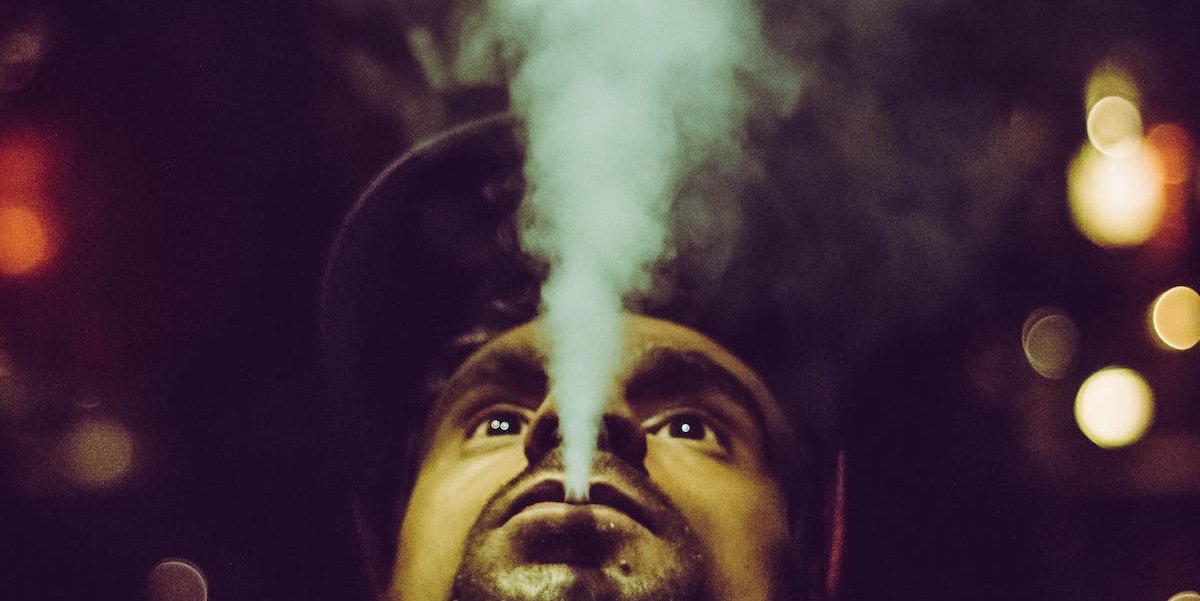Greg Jacob was wholly sympathetic to the public health aims of the FCTC in trying to mitigate the worst effects of smoking through bans on ads and public smoking, health warnings on packaging and so on. But he was so disturbed by the whole process of the negotiations that he wrote a paper in 2004 which called the FCTC system ‘broken’. He saw at first hand that the negotiations were undertaken under the direction of an FCTC Secretariat which had no experience of international law-making, unable to properly advise delegates who themselves came from public health ministries with no international legal background. In the absence of trained diplomats and lawyers, legal advice work was ceded to a small group of highly influential and mainly American anti-tobacco activists who formed themselves into the Framework Convention Alliance (FCA) which excluded any organisation that did not sign up to its central driving spirit, which at its root was not just anti-smoking or even anti-tobacco, but anti-nicotine, underpinned by a fathoms - deep hatred of the tobacco industry. This suited the public health delegates because, as Jacob pointed out, they were inside a comfortable echo chamber of the like-minded. Not only did they not have to fight against competing interests back home like labour unions, tobacco farmers and the tobacco industry (or even their own finance and trade ministries), but through the obligations of the FCTC could skirt round domestic obstacles and push through policies that probably would have otherwise foundered.
But what Jacob detailed could be construed as ultimately a technical legal issue, and the playing out of domestic and international policy conflicts at a delegate level which did not necessarily negate the public health imperatives of the FCTC. However, the situation is now much worse, which does have far wider implications for global public health.
In the light of what has happened since, Jacob has written a new paper specifically on what he calls the weaponisation of Article 5.3 – just one of 19 Convention Articles – but one which over the years has become the defining element of the whole FCTC.
As originally written, Article 5.3 simply required Parties to protect their tobacco control policies from tobacco industry influence. Period. Even the subsequently published Guidelines to 5.3 broken down into four Principles only required Parties to have ‘accountable and transparent’ dealings with the industry. But these ‘Guidelines’ have morphed into Holy Writ, turning the whole enterprise into something resembling a fundamentalist Doomsday cult seeing conspiracy and ‘interference’ at every turn. There is now FCTC lore which has become insanely over-interpreted to mean that there should be no contact whatsoever not only with the industry, but with any organisation or individual that has any links whatsoever with the industry in any capacity. This manifests itself, for example, in the COP meetings which unlike for example the Climate Change Framework meetings, will not allow entry to industrial interests or any organisations that do not agree with its views. Any NGO wishing access has to be a member of the FCA while, on the grounds that somebody from the evil Empire might just hear what is going on, the public and the media are also pretty much excluded from the whole event and from reading the deliberations of the meeting. This is taken to ludicrous lengths by refusing access to Interpol because one of the world’s major law enforcement agencies has been working with the industry to combat the illicit tobacco trade. The FCTC Secretariat, clearly intoxicated with power, is now even trying to dictate to the Parties by attempting for a second time to push through a new rule which would exclude any delegate with links to state-owned tobacco industries. Even the Parties have been pushing back on that one.
But cloaking a publicly funded and therefore publicly accountable agency in secrecy is bad enough, but for a global public health agency to put millions of lives at risk in the service of rampant self-aggrandisement is another matter altogether. Because the WHO persists in the fallacy against all the evidence that safer nicotine products are just a ruse by Big Tobacco to renormalise smoking, wherever possible, the agency along with its NGO allies, invokes 5.3 to effectively close down any debate on the matter by simply accusing advocacy and consumer groups and any professionals engaged in tobacco harm reduction as being Big Tobacco stooges. There is therefore no UN arena where health professionals, scientists and clinicians, industry, consumers, legislators and policy makers can debate the diverse range of views and opinions on what to do about smoking – a public health epidemic which claims over six million lives a year and is a major underlying cause of all the top global non-communicable diseases. The WHO go-to position on smoking remains ‘Quit or Die’. As the American documentary film maker Alfred Maysles said, “Tyranny is the deliberate removal of nuance”.
